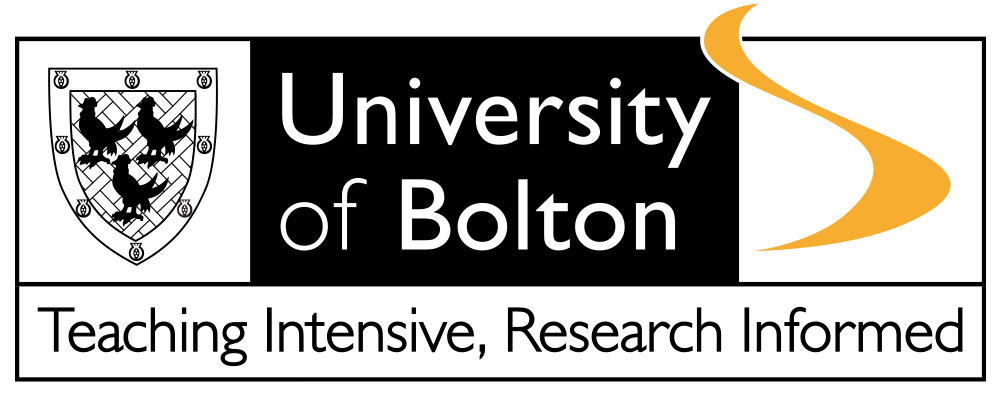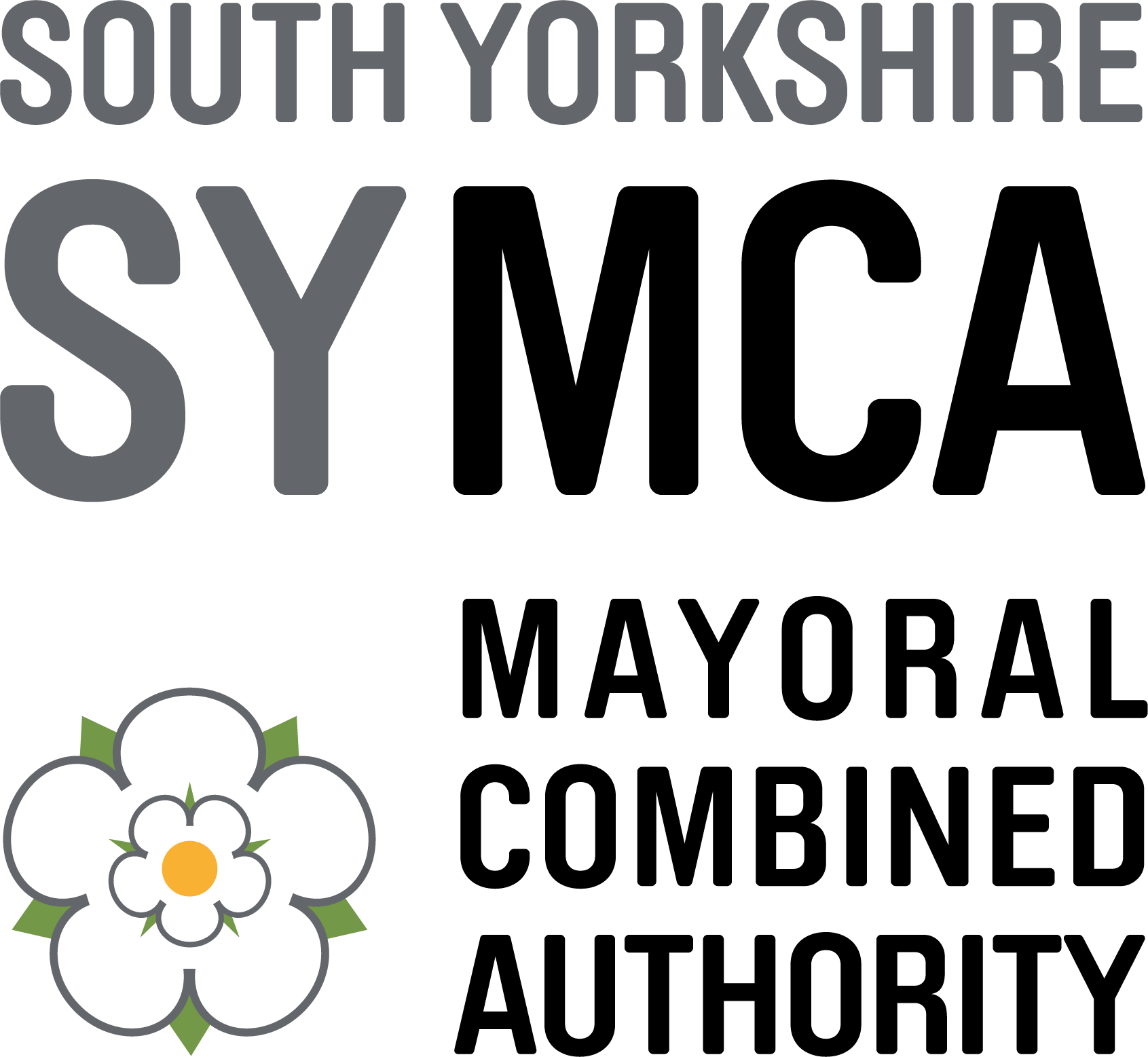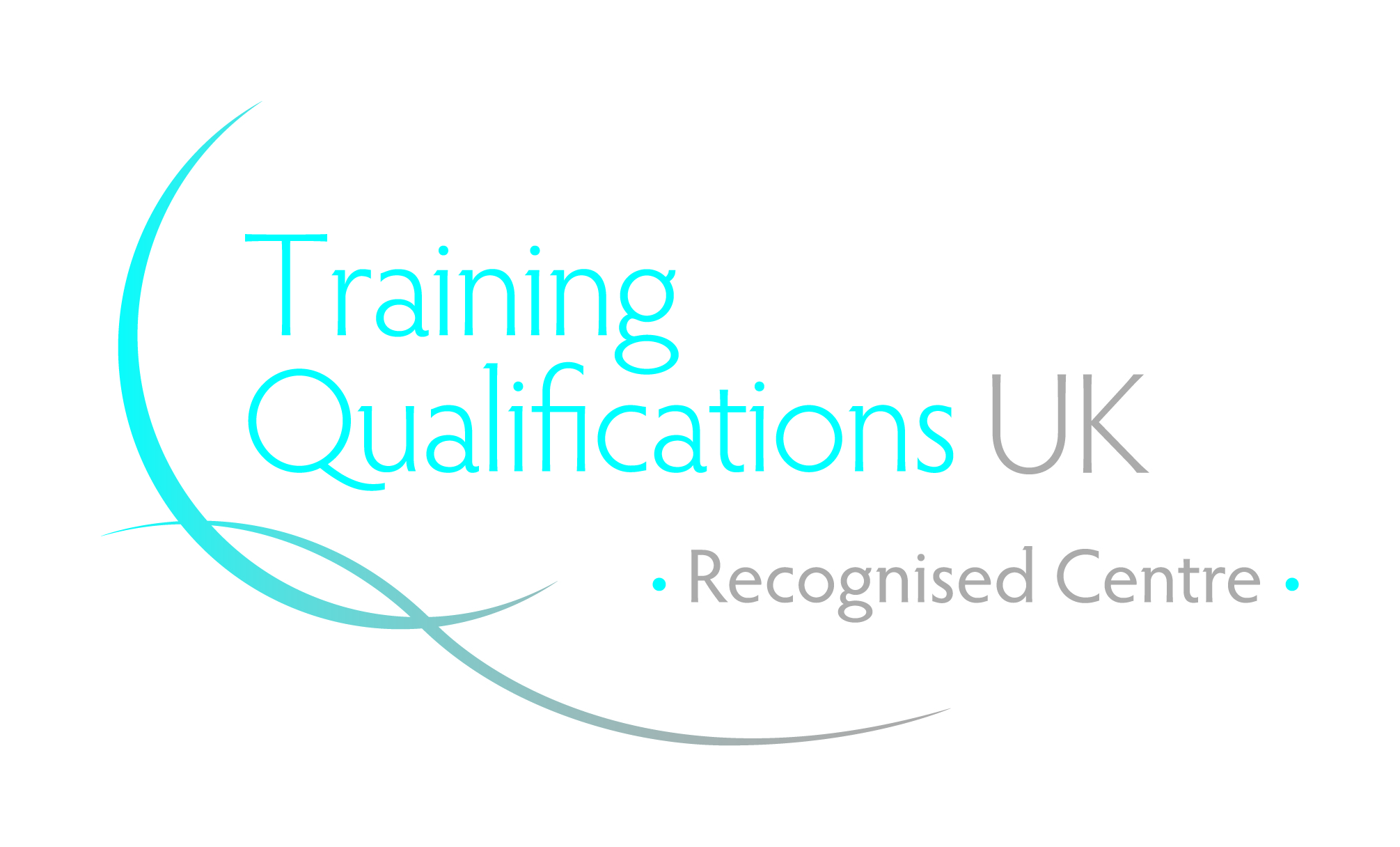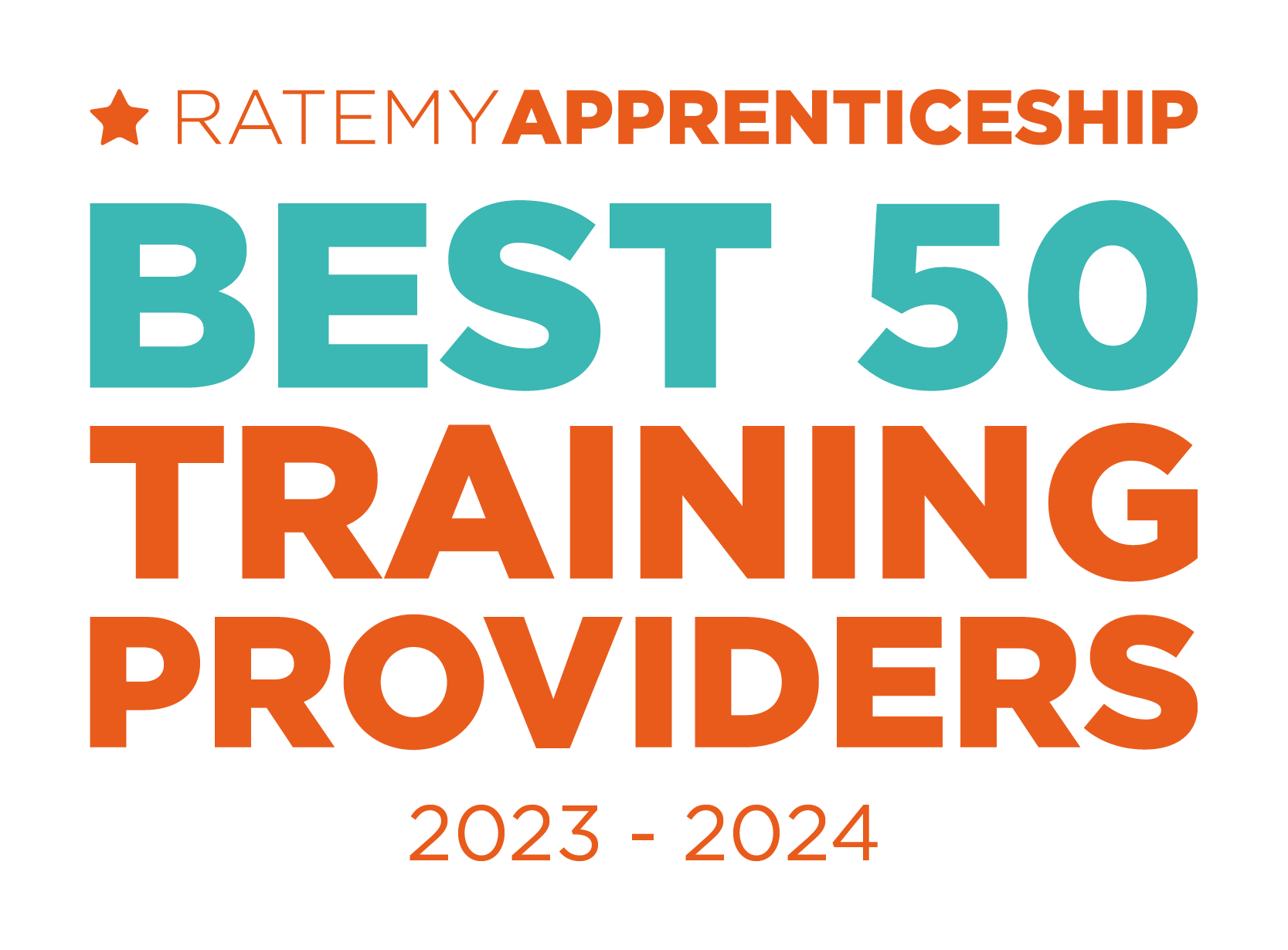Keeping you safe
A safeguarding issue is a serious risk of abuse and can include:
- Physical
- Sexual
- Emotional
- Financial
- Extremism
- Forced marriage
- Female genital mutilation
- Online bullying
It can also include anything else that can cause significant harm, whether this be online or offline. More information can be found within our Safeguarding Policy.
Reporting a safeguarding issue
We have a team of Designated Safeguarding Officers who you can report any issues or concerns to. Please contact your Tutor, or if you are an Apprentice, your line Manager or Skills Development Coach.
Safeguarding and Prevent Policies and Procedures
To view our Safeguarding and Prevent Policy, please click here.
To view our Safeguarding and Prevent Procedure, please click here.
To view our Safeguarding Glossary, please click here.
Prevent Duty explained
The Prevent Duty is a government initiative aimed at stopping people becoming involved with (radicalised) or supporting violent extremism.
What is Radicalisation?
The government defines radicalisation as a process by which an individual or group comes to adopt an extreme political, social, or religious ideas and aspirations that reject or undermine the status quo or reject and/or undermine contemporary ideas and expressions of freedom of choice.
What is Extremism?
Extremism is defined as “vocal or active opposition to British values, including democracy, the rule of law, individual liberty and mutual respect and tolerance of different faiths and beliefs”. We share and promotes these values across our community.
British Values
GC Education and Skills follow the governments principles across all our locations, these include:
Liberty
- The freedom to live as you wish and go where you want.
- Helping you to making informed choices.
- Taking responsibility for your choices and exercising them safely.
- Making sure you know your rights.
Justice – Rule of Law
- Fairness in the way people are dealt with.
- Exploring the laws that govern and protect us.
- Understanding the consequences if these rules are broken.
- Considering that these may be different from religious laws.
Democracy
- The belief in freedom and equality between people.
- A broad general knowledge & respect of public institutions and services.
- Helping you to influence decision-making through the democratic process.
- Explaining the advantages and disadvantages of democracy.
Respect – Mutual Respect
- Tolerance of those with different respects and beliefs.
- Understanding how your behaviour has an effect on your own rights and those of others.
- Respecting other people’s differences, other cultures and ways of life.
- Challenging prejudicial or discriminatory behaviour.
For more information about the Prevent Duty and British values, visit Gov.uk.
Stamp it out
We are committed to ensuring a zero-tolerance approach to bullying across GC Education and Skills. We will take decisive action to protect the interests of our students whenever an incident comes to light. Some of the measures we currently have in place:
- Allegations of bullying will be investigated by staff and appropriate action taken if necessary
- Cyber-bullying will be investigated by staff and appropriate actions taken as above
- Staff and tutors will provide appropriate support to those affected
If you have any concerns about bullying, including in the workplace, please contact your Tutor or Skills Development Tutor.
The internet is a powerful communication and information platform and we encourage the use of it to enhance your learning in order to progress. However, we also understand that the internet can also be a place where risk can be.
In order to keep you safe you should not:
- Send offensive messages, including those on social media
- Install any software on any GC Education and Skills computers or equipment
- Copy or install any copyright protected software or data from any systems without permission
- Install or run games software, or download any programs from the internet
- Have or publish anything that is obscene, libelous, sexist, incites racial hatred or in any way breaks any UK law relating to published material (including extremism)
If you are concerned about safety online, please contact your Tutor or Skills Development Tutor.
Stay Safe Online
It is important that you know how to keep safe online and at the Growth Company we take this seriously – you are all very important to us!
If at any time you feel unsafe, or worried about someone on your course, please be sure to ask for help and support from your tutor or skills development coach who will help you.
Online safety - although not common, sadly, there are negative individuals who utilise the internet, social media, and online gaming to spread their extreme ideas or attempt at getting you involved in organised crime for ‘easy money. This may include selling drugs (this is called county lines; this means that Drug Dealers from Cities use young people to sell, distribute or store drugs/cash locally), they may ask you to sell high price items such as counterfeit trainers and watches. This illegal activity and ‘grooming’ is sometimes hard to even identify with new exciting friends.
Also, we want you to be clear about what to do should someone share hateful literature or other activities that you don’t feel comfortable with.
We all think it won’t happen to us and people that are targets may be lonely, bored, isolated, but this isn’t always the case! These people are professionals, their job is to befriend you and convince you to help them ‘as a friend’. When a person starts to support or becomes involved by sharing these extreme views, this is called radicalisation.
Generally, if something feels wrong or extreme it is important to report these things to one of our team.
Stay safe online by following these 5 SMART rules.
If you’d rather speak online, the following websites can help you share your concerns:
Let’s Talk About It and Action Counter Terrorism websites contain information and guidance.
You can contact NSPCC online or call their helpline 0808 800 5000.
Children can call Childline on 0800 1111 if they want to talk through their concerns.
If you’re worried someone is in immediate danger, you should always call 999.
Emergency services:
- Police / Fire / Ambulance: 999
Non-emergency health services
- NHS: 111
Non-emergencies
- Police / Fire: 101
Shelter
- Homeless (freephone): 0800 800 4444
Women's aid
- Domestic Violence Helpline (freephone): 0808 2000 247
Sexual Health
- Manchester Centre for Sexual Health: 0161 123 5200
Drugs
- UK National Drugs Helpline: 0300 123 6600
- Narcotics Anonymous: 0300 999 1212
- Nar-Anon Family Groups UK (concerned about a person's drug taking): 0207 498 4680
- Talk to Frank: 0300 123 6600
Family issues, advice, parenting etc.
- Family lives (freephone): 0808 800 5000
Child protection
- NSPCC: 0808 800 5000
- Childline: 0808 1111
Counselling (young people)
- 42nd Street: 0161 228 1888
Forced marriage
- Helpline number (or call GM Police Forced Marriage Unit): 0800 141 2994
Suicidal thoughts
- Samaritans: 08457 116 123
Alcohol concerns
- Drinkline: 0300 123 1110
- Alcoholics Anonymous (AA): 0800 9177 650
- Al-Anon (affected by someone else's drinking): 0207 403 0888
Mental health issues
- Mind (Text 86463): 0300 123 3393
Debt advice
- Debt helpline (Step Change): 0800 138 1111
- England Illegal Money Lending Team (stop loan sharks): 0300 555 2222
Bereavement
- Cruse Bereavement Care: 0800 808 1677
Domestic abuse
- Action on elder abuse (Hourglass): 0808 808 8141
- Respect (male and young people domestic violence): 0808 801 0327
Victim of crime
- Victim support: 0808 168 9111
Gambling concerns
- GamCare: 0808 8020 133
Older people
- The Silver Line (support for older people): 0800 470 80 90
Hub of Hope - If you, or someone you care about, is experiencing mental and emotional distress that – right now - feels unbearable and overwhelming, click here.
The Hub of Hope is the UK’s leading mental health support database. It is provided by the national mental health charity, Chasing the Stigma, and brings local, national, peer, community, charity, private and NHS mental health support and services together in one place for the first time - find support locally by clicking here.










